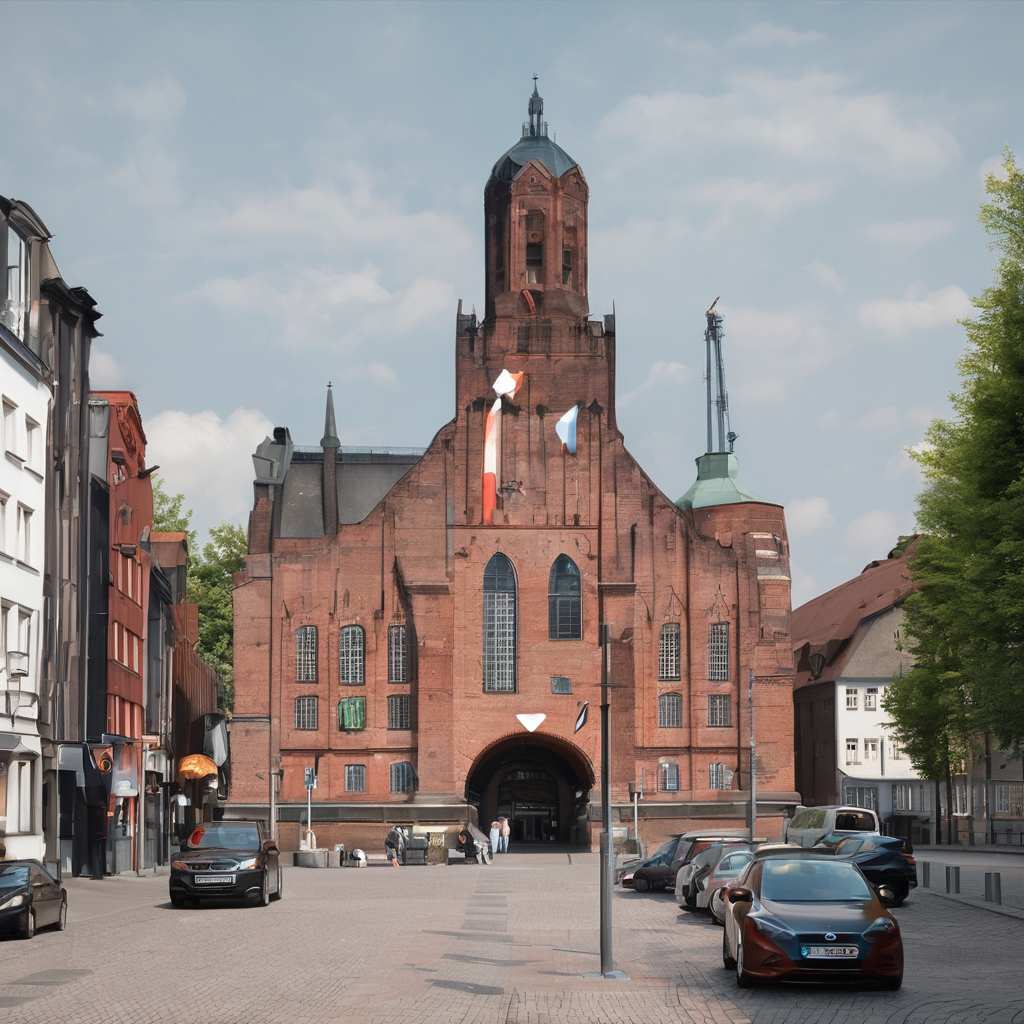Overview of Scottish Music and Dance
When exploring Scottish Culture, one cannot overlook the historical impact of traditional music and dance forms. These cultural elements have evolved over centuries, reflecting Scotland’s vibrant history.
Historical Significance and Evolution
Scottish music and dance have deep roots that date back to ancient times. Historically, they played significant roles in social gatherings and clan rituals, serving as a medium for storytelling and preserving folklore. Over the years, these traditions have adapted but retained their core essence, illustrating the resilience and dynamism of Scottish culture.
Also to read : Discover the best taghazout surf experiences at harmony surf lodge
Key Instruments and Styles
Scottish music is defined by its distinctive sound, primarily due to key instruments like the bagpipes, fiddle, and accordion. Each instrument contributes uniquely, creating styles ranging from lively jigs to somber ballads. The bagpipes are particularly synonymous with Scotland, embodying the country’s spirit with their iconic, resonant tones.
Importance of Dance in Cultural Expression
Dance, alongside music, is pivotal in Scottish cultural expression. From social ceilidhs to formal displays such as Highland dancing, dance remains a lively expression of community spirit. It not only provides entertainment but also serves as a way for Scots to connect with their heritage. Both music and dance remain integral to national events, ensuring their continued influence on Scottish culture today.
Also read : Unlock Premier Guided Tours of Iconic Literary Landmarks in the Lake District
Top Venues for Scottish Music Experiences
For an authentic experience of traditional Scottish music, exploring dedicated music venues is a must. These venues not only offer exceptional live performances but also immerse visitors in local culture.
Renowned Venues for Traditional Scottish Music
-
The Royal Concert Hall, Glasgow: Known for its eclectic blend of traditional and contemporary music, this venue boasts clear acoustics and a grand setting that enhances every performance.
-
Edinburgh’s Usher Hall: Offers a historic backdrop with robust programming featuring local and international artists, ensuring a vibrant musical experience.
-
Aberdeen Music Hall: Besides its rich architectural heritage, this venue is popular for its lively concerts, making it a staple in the local music scene.
Tips for Locals vs. Tourists
-
Locals: Take advantage of membership discounts, early-bird tickets, and community events widely available at these venues.
-
Tourists: Plan visits around scheduled festivals for a more engaging encounter with Scotland’s musical traditions. Make reservations in advance for popular shows to avoid last-minute disappointments.
Each venue offers a unique ambiance and ties you directly into Scotland’s musical heritage, blending festive participation with a keen sense of tradition.
Must-Visit Festivals Celebrating Scottish Music and Dance
Festivals in Scotland offer a vibrant tapestry of cultural events that celebrate traditional music and dance. They provide an immersive experience into the music celebrations that are quintessentially Scottish.
Major Festivals to Attend
Renowned festivals such as the Edinburgh International Festival, held annually in August, feature an extensive array of performances that highlight the cultural significance of Scottish traditions. Visitors can experience bagpipe bands and traditional dance forms in a stunning urban setting. The Celtic Connections festival in Glasgow is another major event, showcasing both iconic and experimental work, merging traditional music with contemporary styles.
These festivals are not just about performances; cultural activities such as workshops and communal dances underscore their societal benevolence. Plan accordingly to the festival’s schedule and take note of early bird ticketing options to secure your spot in these cultural gatherings.
Local Festivals Off the Beaten Path
Community-driven festivals like the Shetland Folk Festival furnish an immersive experience by engaging visitors with lesser-known cultural events. These events encourage local community participation, offering a closer connection to Scotland’s cultural roots. Exploring these hidden gems necessitates delving into local calendars, where the richness of Scotland’s musical heritage splendidly unfolds.
Interactive Workshops for Learning Scottish Music and Dance
The opportunity to engage with the vibrant Scottish culture extends beyond spectating, with numerous interactive workshops dedicated to teaching traditional music and dance forms. These experiences offer not only instruction but a window into Scotland’s rich cultural tapestry.
Popular Workshops and Their Offerings
Workshops range from dance classes focusing on Highland and ceilidh styles to music sessions offering instruction in playing iconic instruments like the fiddle and bagpipes. Course formats vary, with both intensive programs and single-day classes available, catering to various skill levels from beginner to advanced.
Expert Instructors and Authentic Experiences
Instructors are often musicians or dancers with deep-rooted connections to Scottish traditions, offering authentic learning experiences. Their expertise not only improves technical skills but enriches participants’ understanding of cultural nuances and history.
Benefits of Cultural Immersion through Workshops
Participation in these music instruction sessions and dance classes provides a unique way to immerse oneself in Scottish heritage. You gain practical skills and insights that enhance cultural appreciation and involvement. Whether you’re attending a workshop in bustling Edinburgh or a serene countryside setting, these experiences are enriching and rewarding, fostering a deeper connection to Scotland’s cultural identity.
Insights into the Cultural Significance of Scottish Music and Dance
Exploring the cultural heritage of Scotland reveals a profound connection between traditional music and dance and the heart of Scottish identity. Music and dance serve as a bridge across generations, anchoring the community spirit and uniting people through shared traditions.
In Scottish society, music and dance play a crucial role during celebrations. Whether it’s the New Year’s Eve festivities or local gatherings, the sound of bagpipes and the rhythm of dance steps foster a sense of unity and belonging. These elements are not just artistic expressions; they are emblematic of Scotland’s societal values and history.
Historical events have distinctly shaped Scotland’s music and dance practices. For instance, the Highland Clearances impacted regional songs and dances as displaced communities used them to maintain cultural ties. These traditional forms now reflect a blend of resilience and adaptation.
Today, music and dance continue to embody the rich tradition of storytelling, preserving narratives, and emotions from Scotland’s past. The enduring presence of music and dance richly informs the country’s cultural landscape, providing an essential connection between its people and their storied past.
Tips for Engaging with Scottish Music and Dance
Engaging with Scottish music and dance requires understanding and appreciation of the culture’s depth. To participate respectably, one should always be mindful of the community’s customs. Begin by observing local traditions at events, allowing yourself to become attuned to the rhythm and spirit. Your participation should be genuine—reflective of your appreciation for the cultural nuances you’re encountering.
Guidelines for Respectful Participation
- Attend with an open mind: Approach events with curiosity and respect.
- Dress appropriately: Some events may have specific dress codes, especially formal ones.
- Observe before joining: Watching community interactions will enhance your participation.
Recommendations for Resources
Enhance your experience through resources that offer deeper insights into Scottish heritage. Books and documentaries about traditional music and dance provide context, while dance tutorials can familiarize you with basic steps before attending events. Consider online platforms featuring interactive lessons and authentic performances.
Connecting with Local Communities
To form genuine connections, engage with local groups dedicated to traditional music and dance. Social media platforms or community boards often list group activities and jam sessions. Being proactive in such spaces can lead to enriching experiences, allowing you to explore Scotland’s cultural tapestry intimately.




